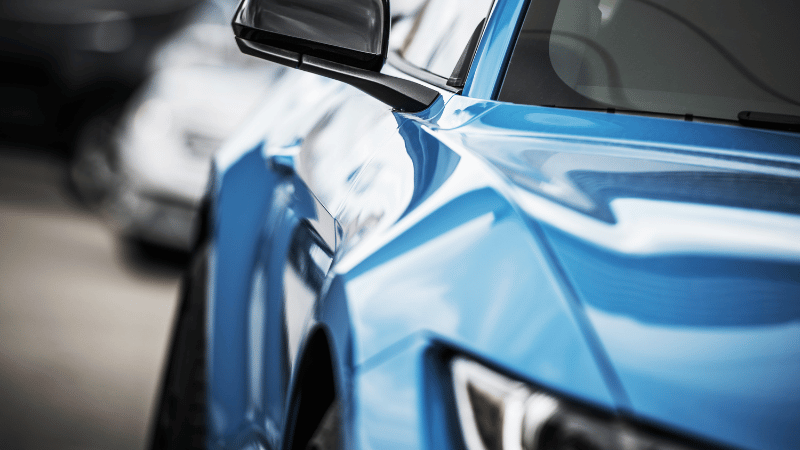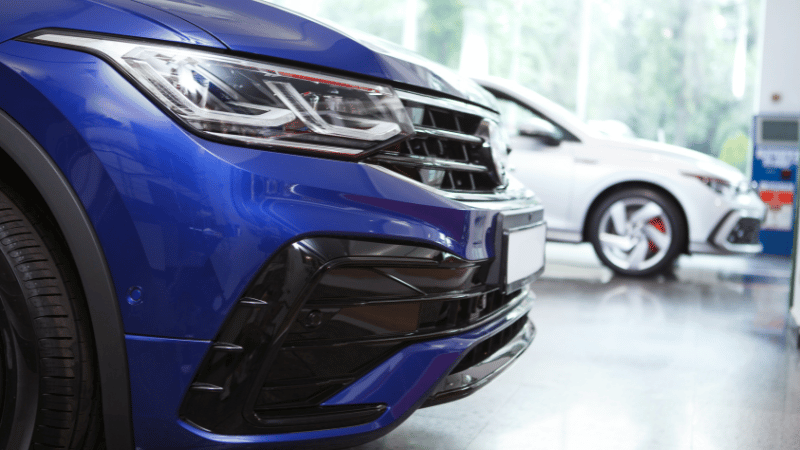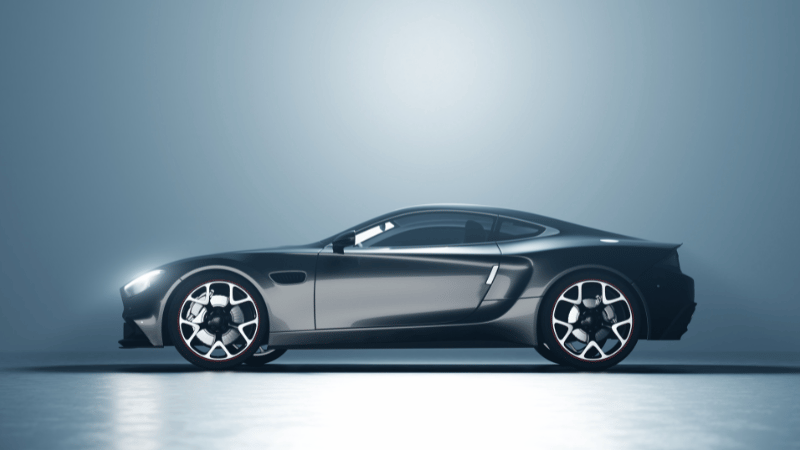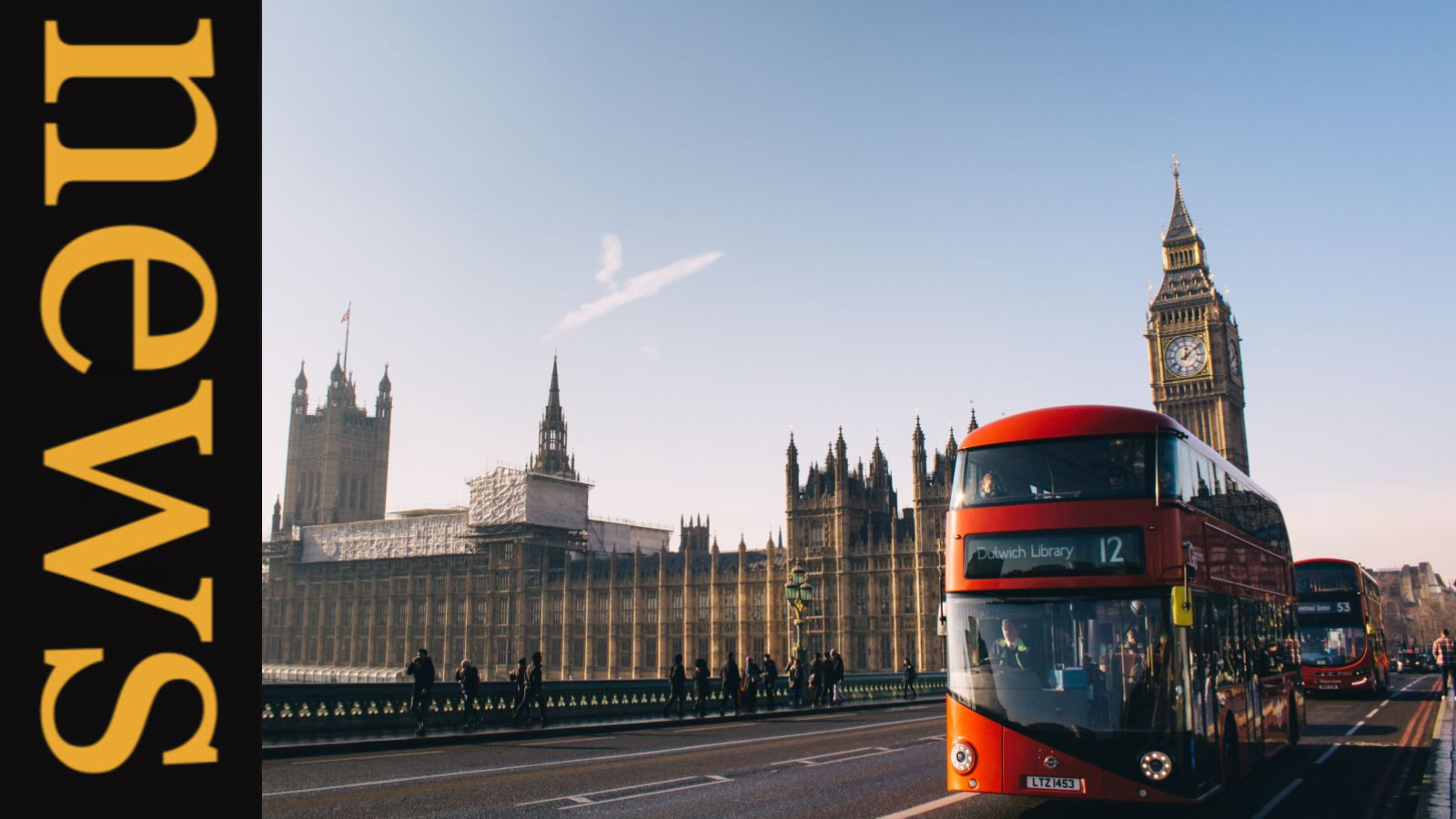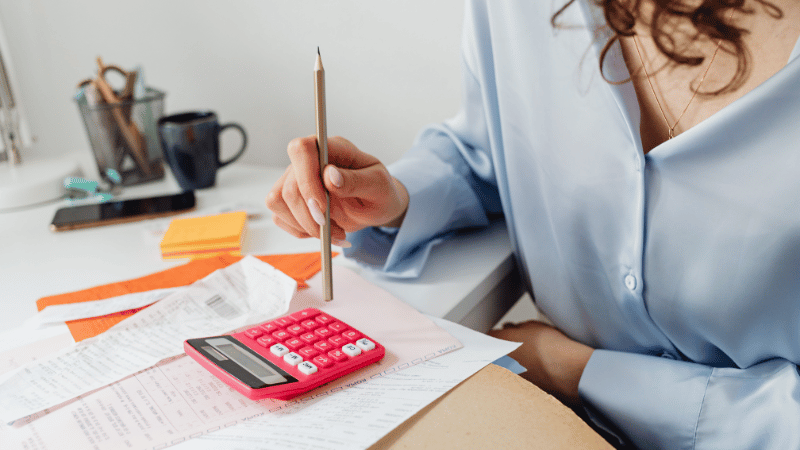Categories
What Happens to My Deposit at the End of PCP?
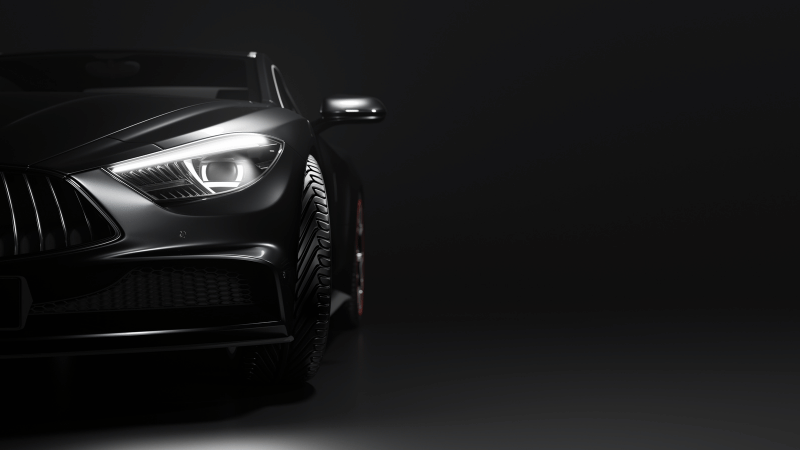
What Happens to My Deposit at the End of PCP?
In a nutshell, you do not get your deposit back at the end of your PCP arrangement - it simply acts as a payment towards the value of your car.
Car finance can be filled with complications and confusions - and one of these problems is the use of the word ‘deposit’ to refer to initial payments.
While 'deposit' is the technical term, it's a term that's often used for a refundable payment that you put down as security for something and get back at the end - for example, if you rent a car (or a property), you'll put down a deposit in case of damages or theft, but get that deposit back in full minus any costs you've incurred the dealership.
But with PCP, your 'deposit' is essentialy a larger set of initial payments at the beginning of your PCP term to reduce risk for your lender, but that money goes towards paying your car off, and you don't get it 'returned' to you.
*Note: minimum loan size of £50,000 for individuals, and £25,000 for business purchases
The Issue with PCP Deposits
The word ‘deposit’ comes from the idea of putting something down (to deposit a rock, for example, would mean putting the rock on the ground!).
But for so many, the word has come to mean ‘money you get back’, which is why in many cases people have to use the term ‘non-refundable’ before it.
The idea that a deposit is something up-front that is returned to you at the end is ingrained in us. It’s not too surprising, therefore, that people ask the question ‘what happens to my deposit at the end of PCP?’
Understanding the PCP Initial Payment
For many years, getting a PCP agreement meant having some money of your own to put into the deal. This feeling does still exist today, and many finance companies offering PCP will still insist on it - but a good many don’t.
Typically, it’s set at three, six, nine, or even twelve months. If, for example, your monthly payment is £250 a month, the initial payment may be £750 (3x), £1,500 (6x), £2,250 (9x), or a whopping £3,000 (12x).
The Confusion of the PCP Initial Payment
The problems occur in the way different providers speak of this payment.
Some call it the deposit, even though that conjures ideas that it may one day come back to you (it won’t), while others talk of first balloon payments which is equally confusing because PCP also has a balloon payment at the end of the contract and talking about too many balloons can make the whole thing seem like a scene from the beloved Pixar film Up!
What Does the PCP Initial Payment Do?
Finance is all about risk. When risk is high, the lenders offset this by increasing the interest rates (which represent their profit).
When you agree to a large initial payment, you are offsetting some of their risk as well as taking a good chunk off the remainder owed on the car.
This has the following impact:
- The interest rate is often lowered, and the monthly payments may well be smaller.
- The balance remaining on the agreement is lowered, and so the monthly payments will be smaller.
- Customers with bad credit are more likely to be considered for the deal.
In short, the larger the initial payment, the more likely you are to get approved, and the smaller your monthly payments will be.
Let’s take a look at an example to illustrate:
Bob is looking to get a car on PCP, valued at £20,000. He is looking for three-year (36 month) terms. His credit rating is fine - not great, but fine - so he doesn’t need to put a large initial payment in just to be approved.
He is offered the following:

Deal One - No Initial Payment
The first deal has no initial payment (actually described as a ‘0 month initial payment’ which means the same thing), and a final balloon payment (calculated based on depreciation) of £8,000.
This means the finance balance will be for £12,000 (£20,000 value of the car, less the £8,000 final balloon payment). He is offered a 10.5% deal which results in monthly payments of £390.03.

Deal Two - Three Month Initial Payment
The second deal has a three month initial payment, and consequently is less risk for the lender. They offer the slightly improved rate of 10.2%. This results in an initial payment of £1,165.00 and 36 monthly payments of £350.63.

Deal Three - Nine Month Initial Payment
Bob’s final option to consider is a nine-month initial payment. In this instance, the lender is offering a rate of 9.4%, resulting in an initial payment of £3,454.51 and 36 monthly payments of £273.34.
For Bob, that looks like this:
PCP Initial Payment Example
|
Initial Payment Size |
Interest Rate |
Initial Payment |
36 Payments Of |
Total Paid |
Total Interest Paid |
|
0 |
£0 |
£390.03 |
£14,041.08 |
£2,041.08 |
|
|
3 months |
£1,165.00 |
£350.63 |
£13,787.68 |
£1,787.68 |
|
|
9 months |
£3,454.51 |
£273.34 |
£13,294.75 |
£1,294.75 |
Note that none of this affects the final £8,000 balloon payment that Bob must pay if he wants to own the vehicle at the end of the term.
Part Exchange - Offsetting the Initial Payment
For many people, moving to a PCP contract for the first time often means they have an old car they’d like to hand over as part of the deal.
This is known as part exchange and is often a good way to offset the costs of an initial payment.
Of course, a lot has to do with the car you’re offering up - very few people want to take on a 25-year-old banger with 200,000 miles on the clock that needs a new clutch (though it does happen).
Understanding PCP in More Depth
If you want to learn more about PCP and other forms of car finance, you’re in the right place. Our knowledge base library at Clifton Private Finance has everything you need to know - why not read our Ultimate Guide to Car Finance as a starting point?
Or, of course, you could give us a call. Our specialist car finance team at Clifton PF have the years of experience needed to offer the right advice.
Remember, you don’t have to accept the PCP finance offer of your dealership and coming to an independent source like us can get you access to better deals, superior rates, and support with any financial concerns. Contact us today.
*Note: minimum loan size of £50,000 for individuals, and £25,000 for business purchases
